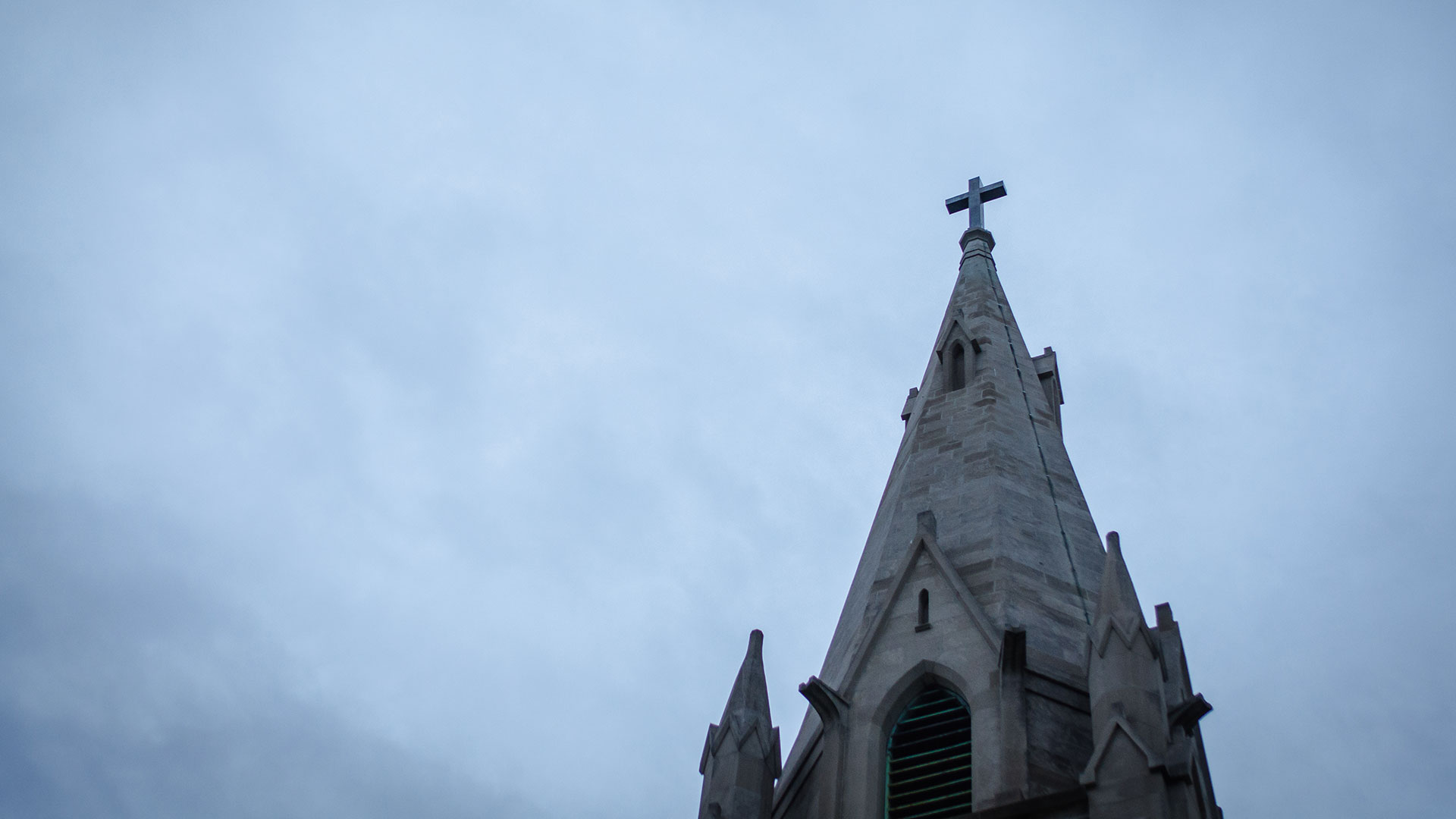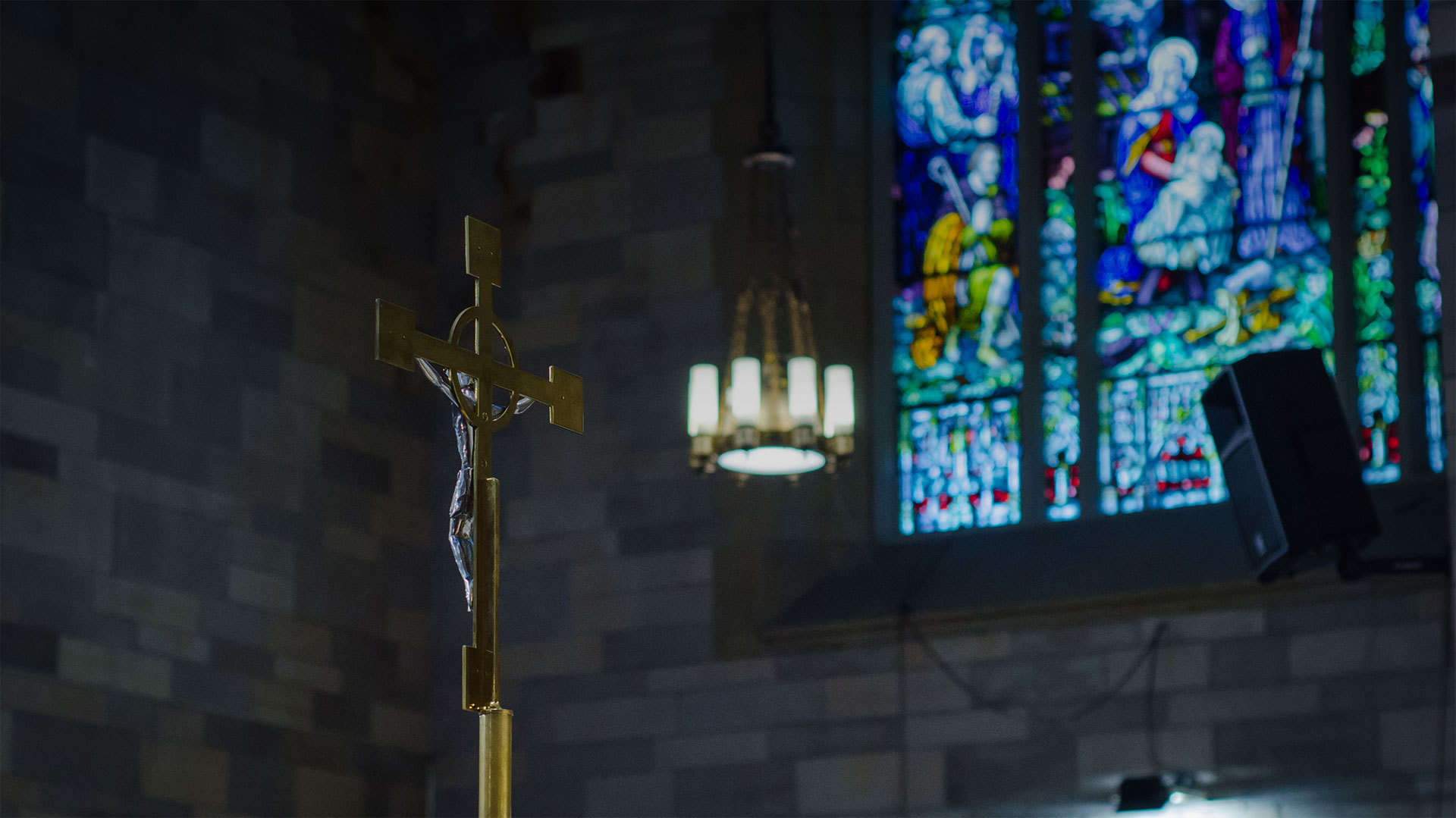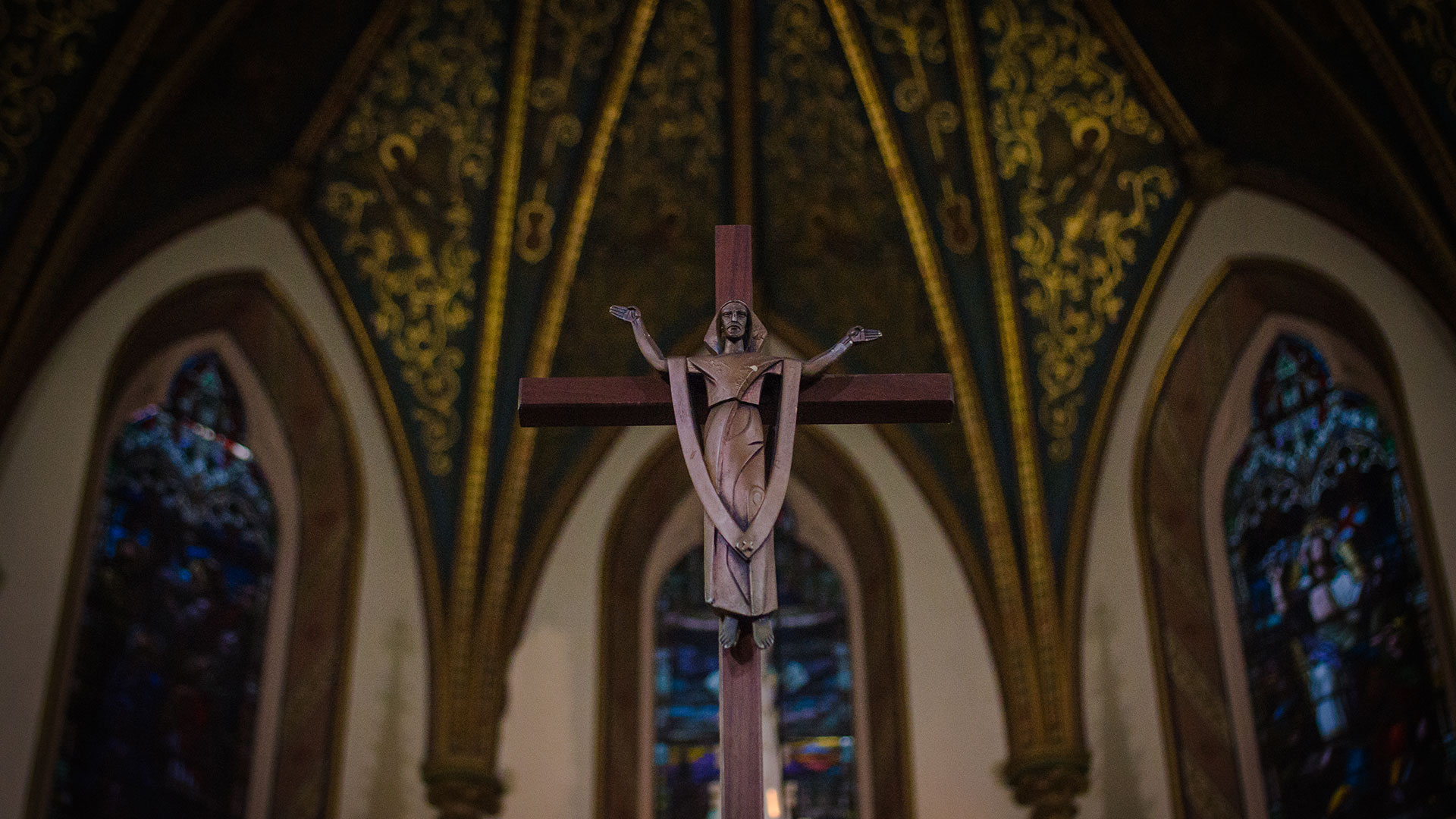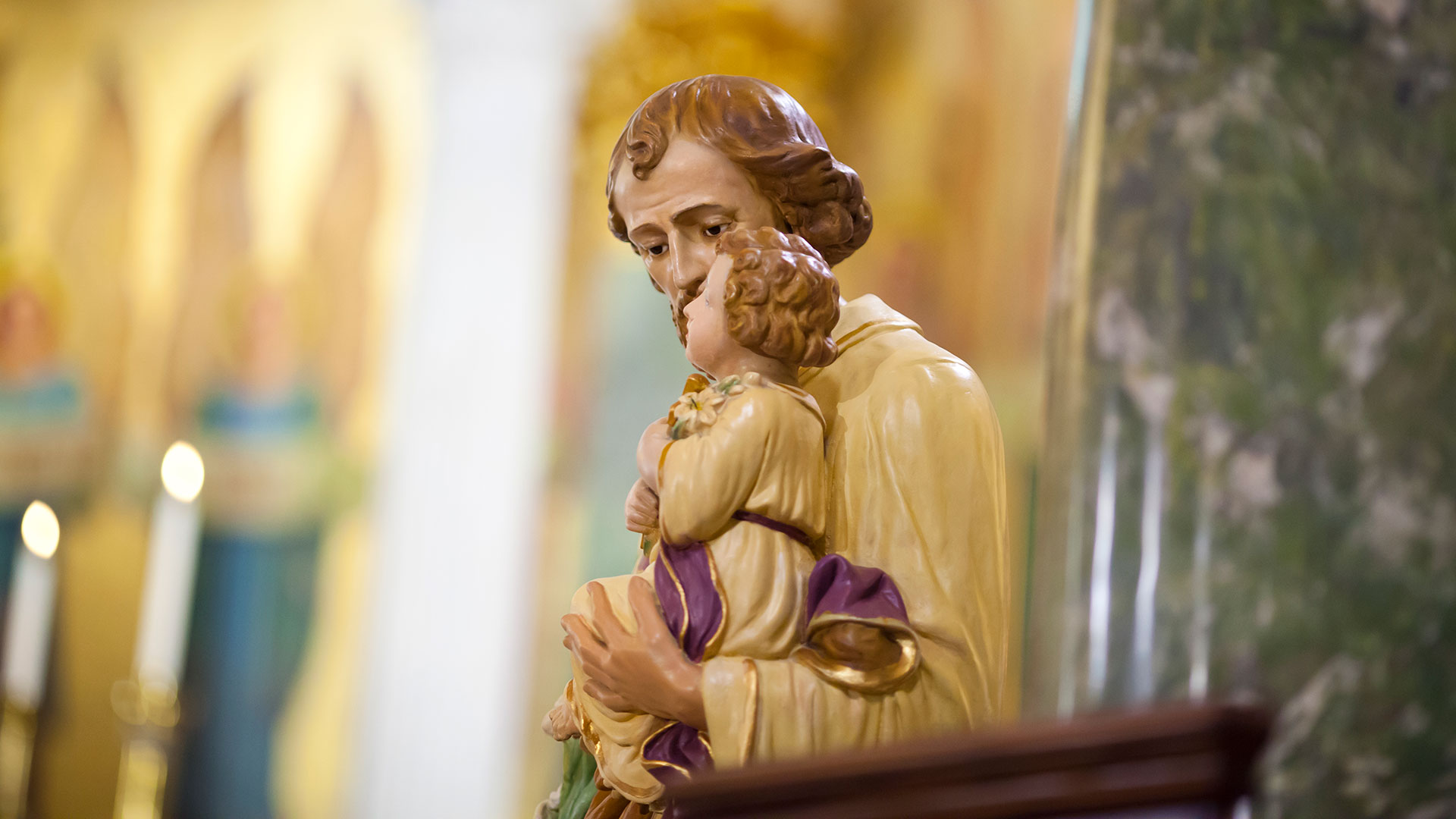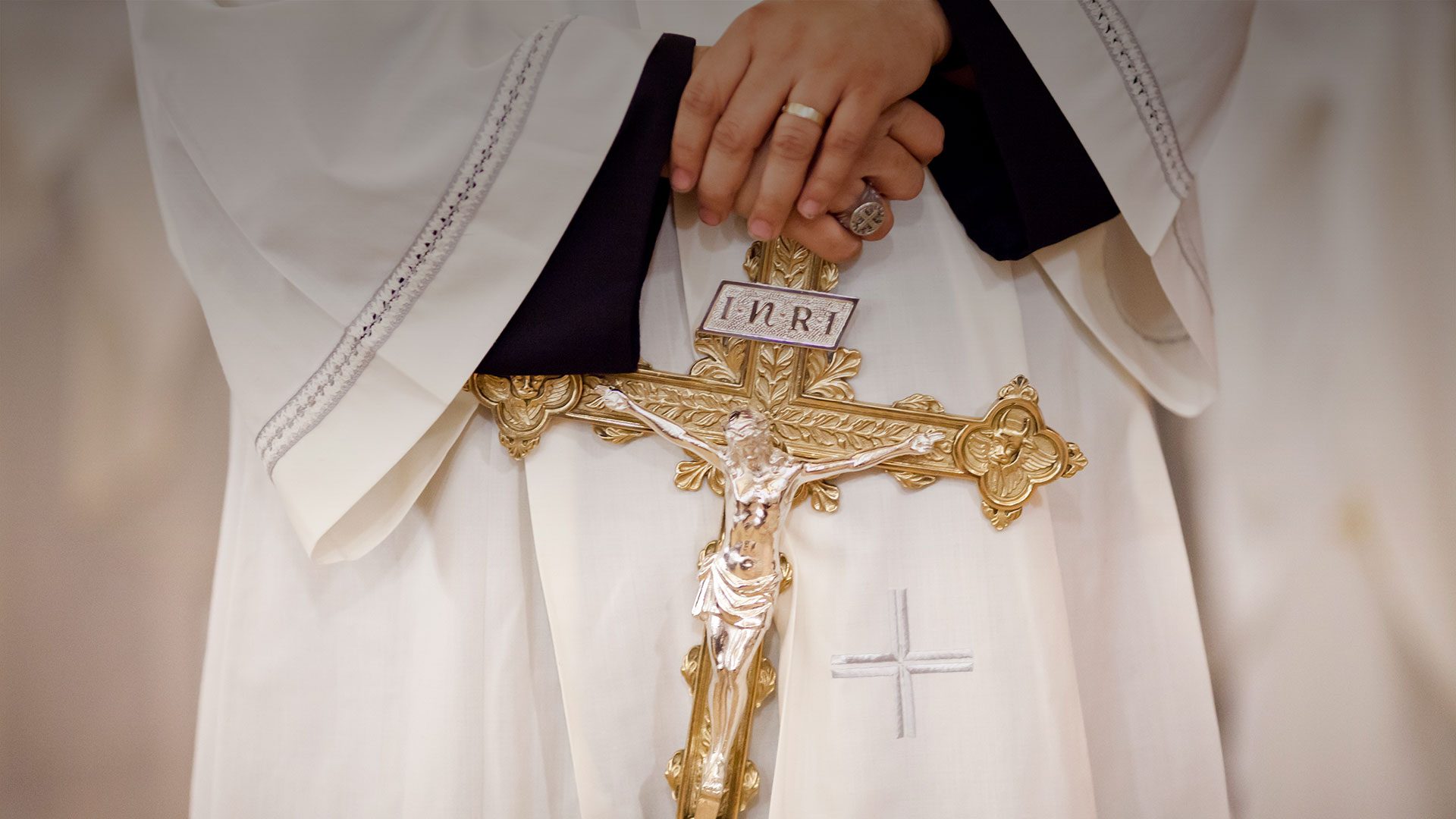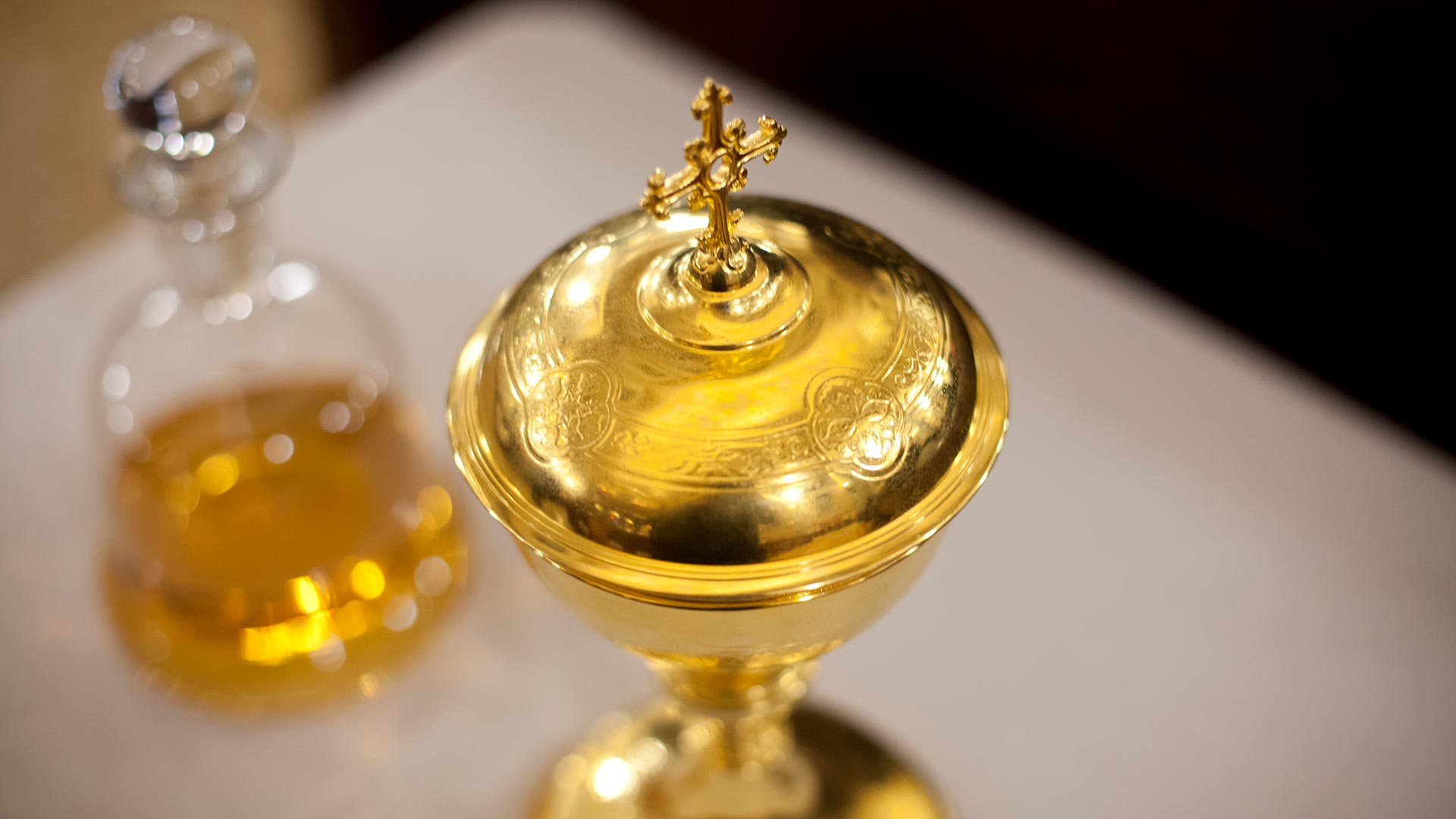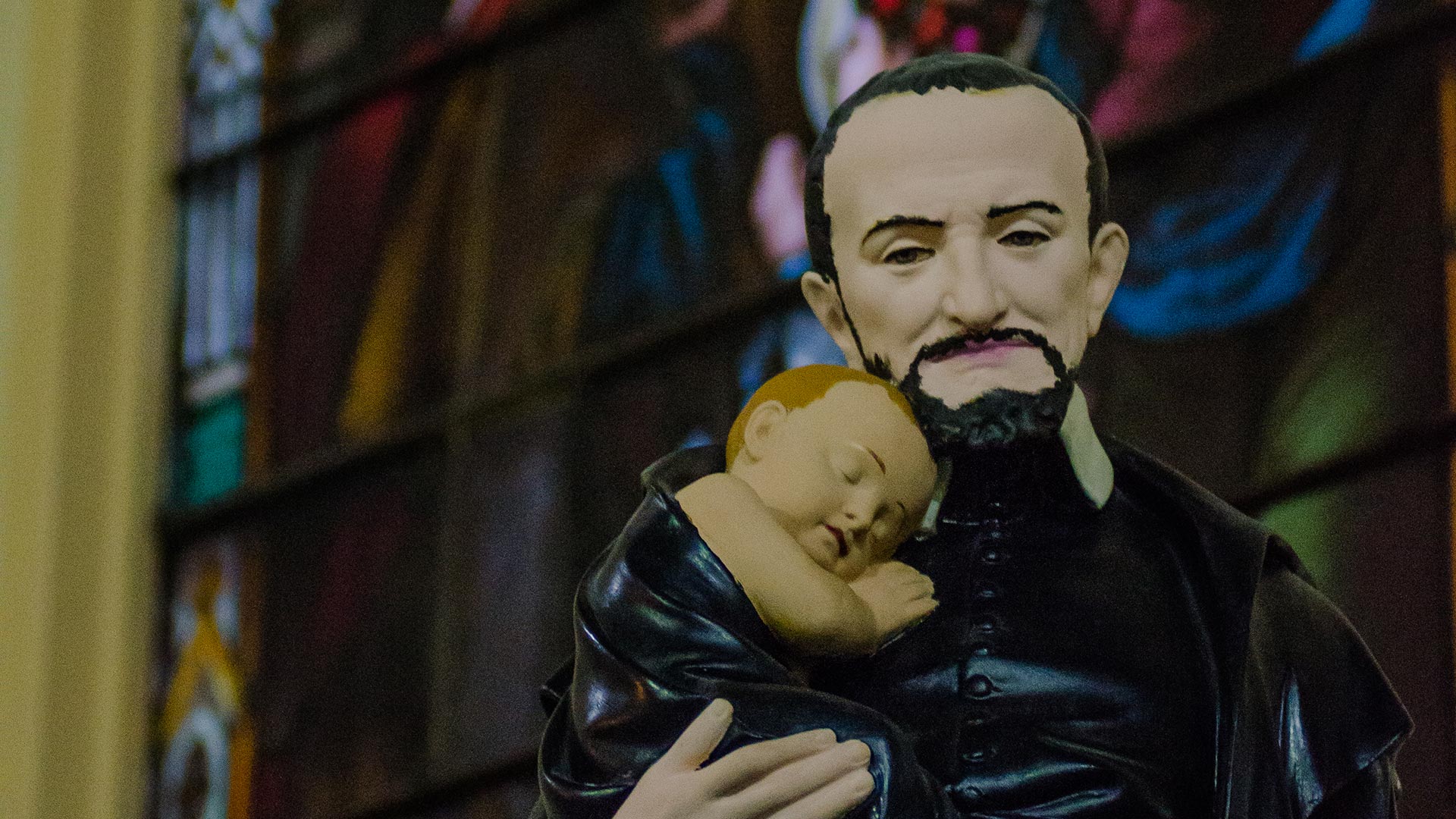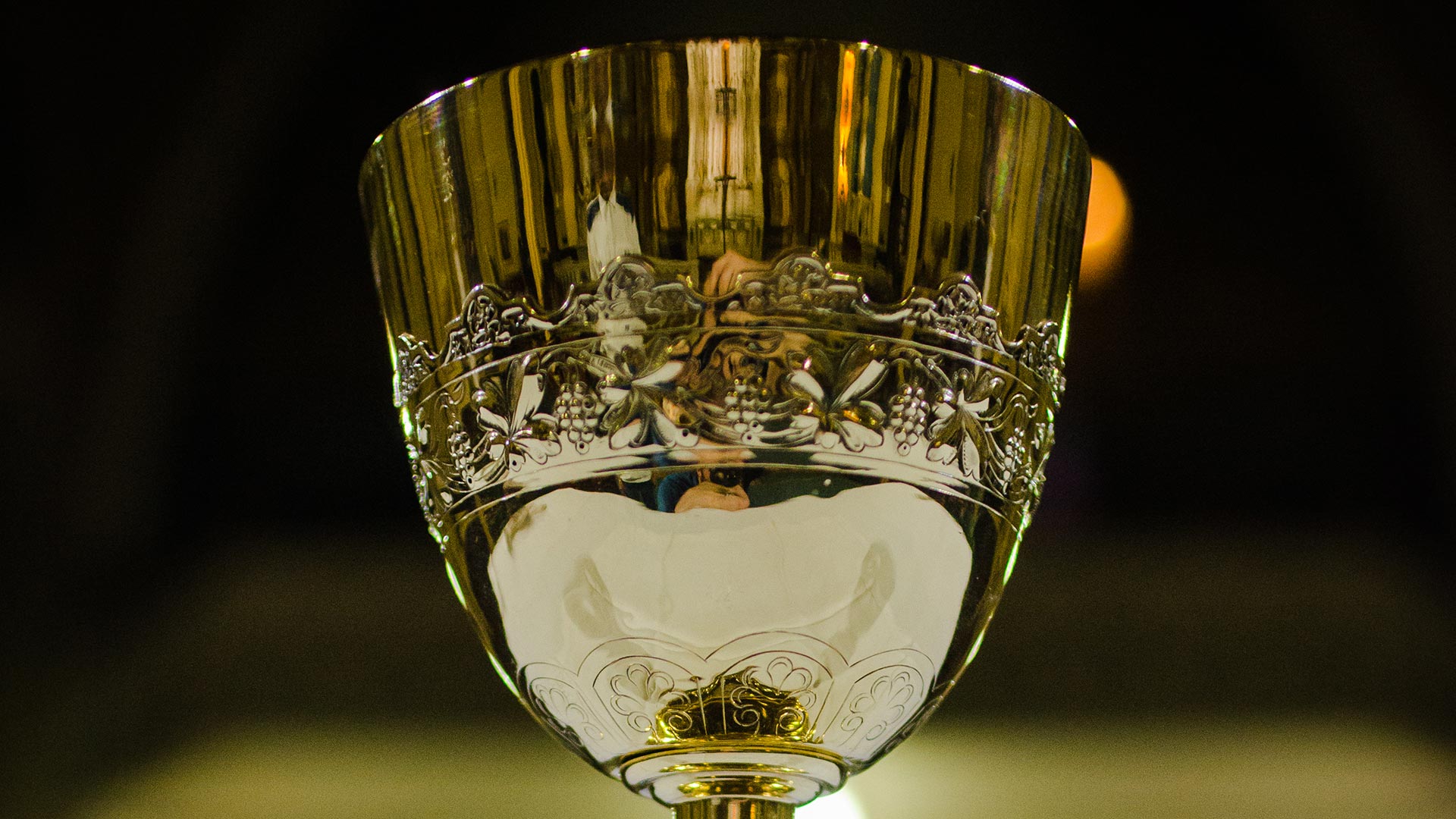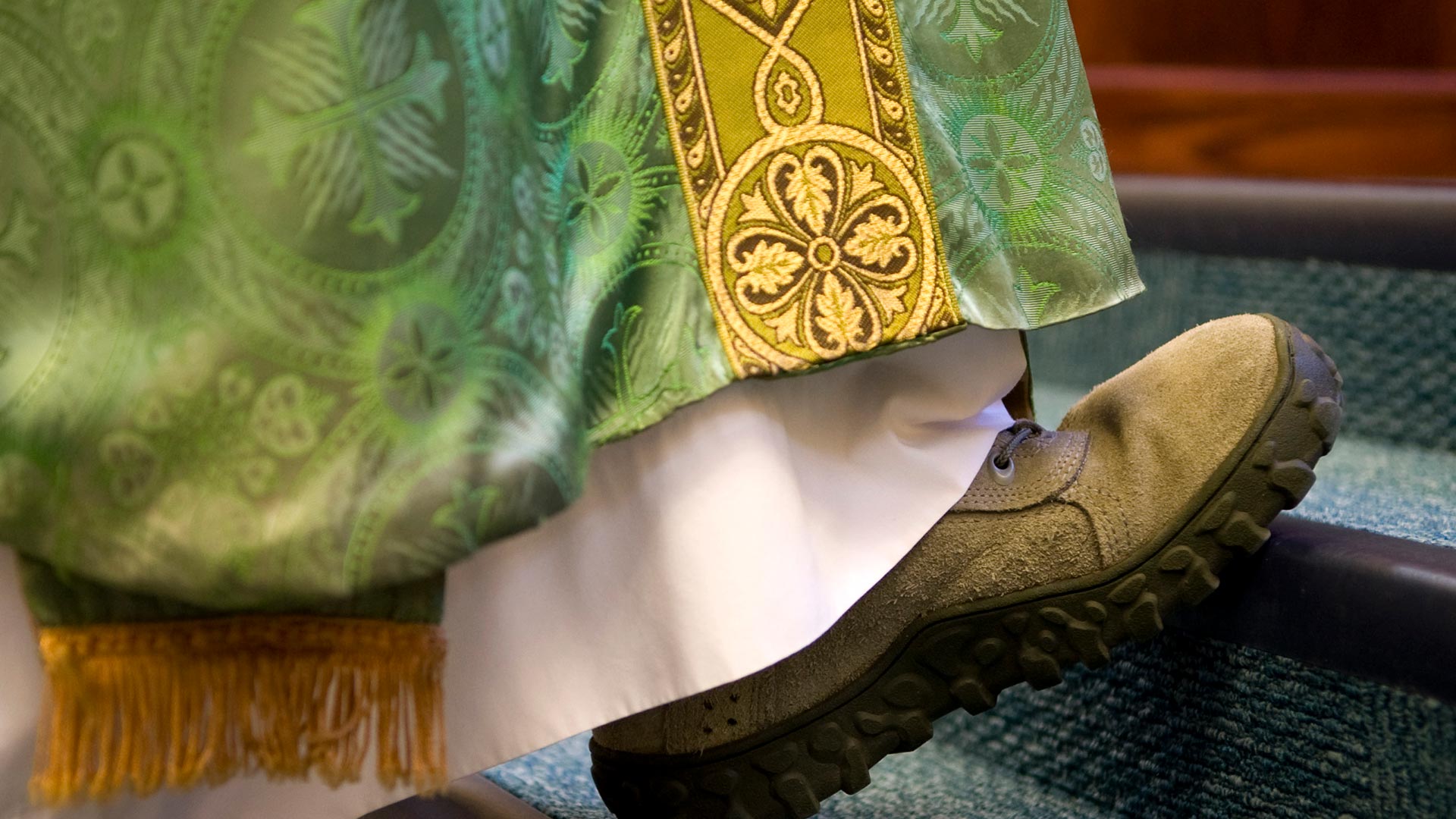MAKING A PROMISE
Diocesan Priesthood
In many ways, all Catholic priests are the same. Each priest has gone through years of education and preparation at a seminary before his ordination. Priests are ordained to preach the Gospel and serve the people of God in the person of Christ. Most importantly, they administer the sacraments of the Church and help people get to heaven. Priests makes three promises at ordination: 1) to pray the Liturgy of the Hours daily; 2) to obey his bishop; and 3) to live a celibate life. Their lives are very much like that of their people, in the sense that they buy their own clothes and car, they pay taxes, and they may own personal property. That is why a diocesan priest is sometimes called a secular priest (from the Latin saeculum, a word that means roughly “this world of time and space in which we live”).
A diocesan priest belongs to the body of priests (called the presbyterate) of a local diocese, which is a particular territory within a state or country. The Diocese of Brooklyn comprises Kings (Brooklyn) and Queens Counties in New York City. A diocesan priest normally serves within the boundaries of his diocese under the authority of his bishop. Most often, a diocesan priest is assigned to a parish by the bishop, and he lives and works in that area. His main work is preaching the Gospel, celebrating the Holy Sacrifice of the Mass, anointing the sick and dying, baptizing, celebrating marriages, burying the dead, and consoling those who need his help. His main focus is the needs of those in his parish.
TAKING A VOW
Religious Life
A member of a religious order belongs to a community of men or women who are bound together by faith and the vows of poverty, chastity and obedience. Poverty means that they do not own things individually but rather as a group; chastity means that they refrain from sexual activity and do not marry; obedience means that, after appropriate consultation, they do what their superiors ask them to do. These three ways of living are called the Evangelical Counsels because they are recommended to Christians by our Lord as part of His Gospel. Interestingly, the Catechism teaches that every Christian is called to live the Evangelical Counsels according to his state of life, though religious priests live them in a “more intimate” way (CCC #916).
Some members of religious orders are ordained priests and deacons. Those who are not in Holy Orders are called ‘brother’ or ‘sister. The members of a religious community engage in any kind of work for the Church and for the good of humanity. Religious communities have their individual charism or type of lifestyle and mission that is particular to that community. Religious communities specialize in various kinds of work such as education, work with the sick or poor, and service in foreign missions. The person discerning a vocation to religious life chooses a religious community based on its lifestyle and mission. Some communities live very austerely while others do not. Some have missions with the elderly, youth, or the poor. Some serve as teachers in schools or evangelists in other countries. Most often, they live in community with each other instead of among people in a parish.
How to Choose
Is one “better” or “holier” than the other? Absolutely not. If you have questions or doubts about whether God is calling you to religious life or to diocesan priesthood, get in contact with your Vocation Director. He is familiar with both vocations and can be very helpful in guiding you as you discern what path of life God is calling you to.
